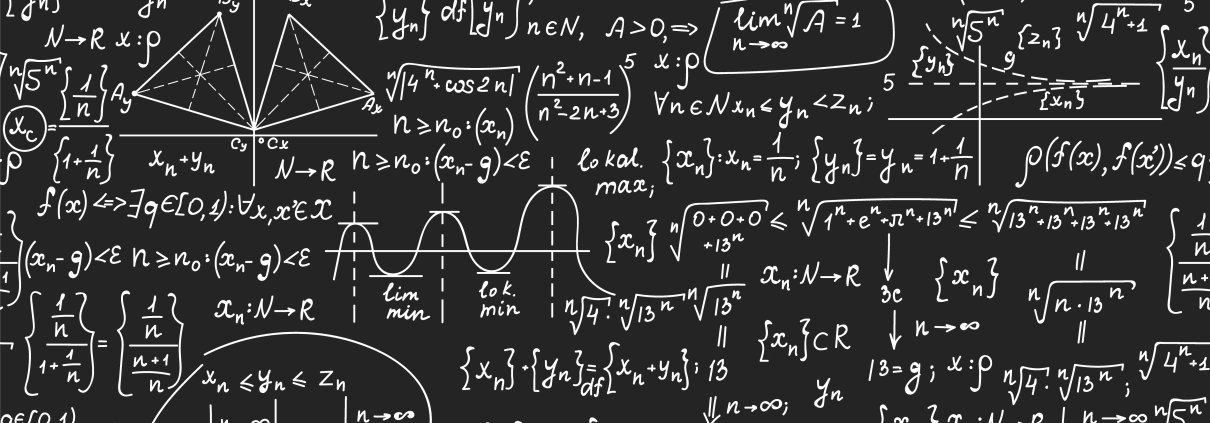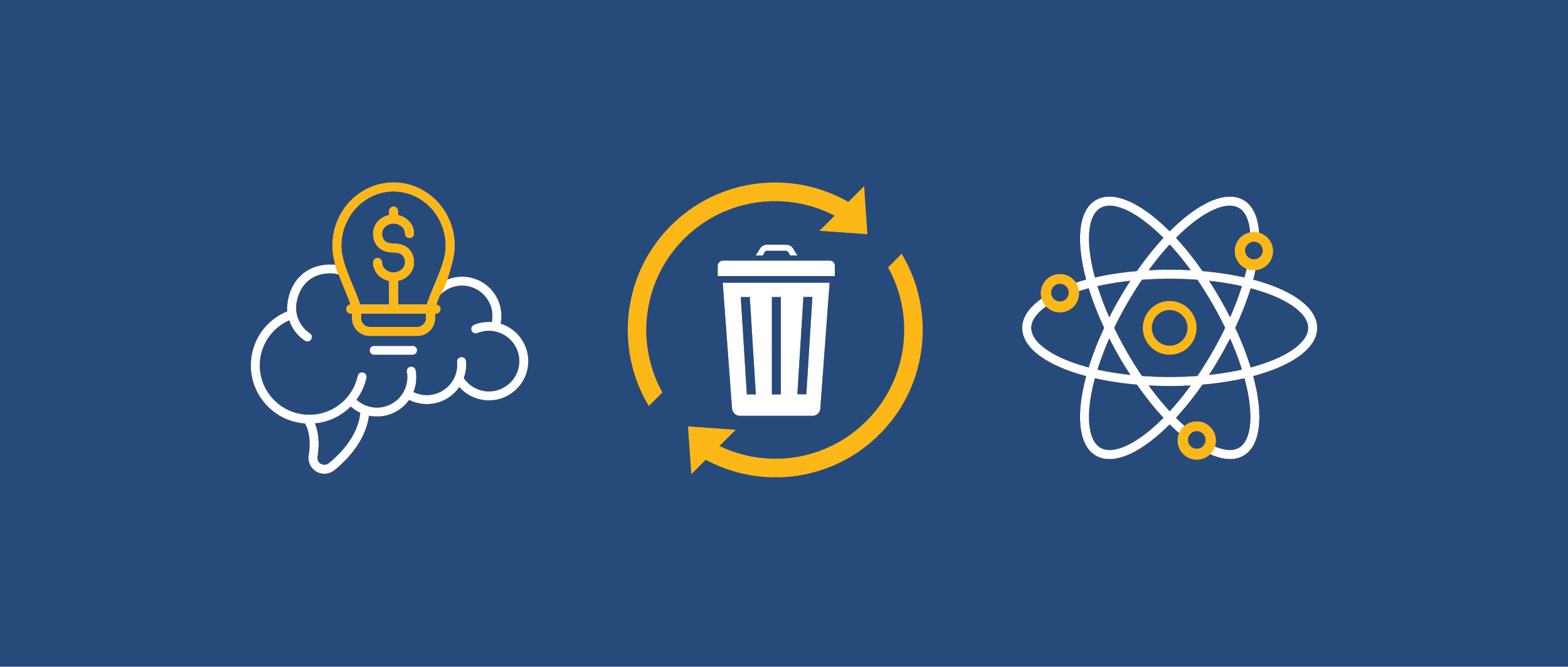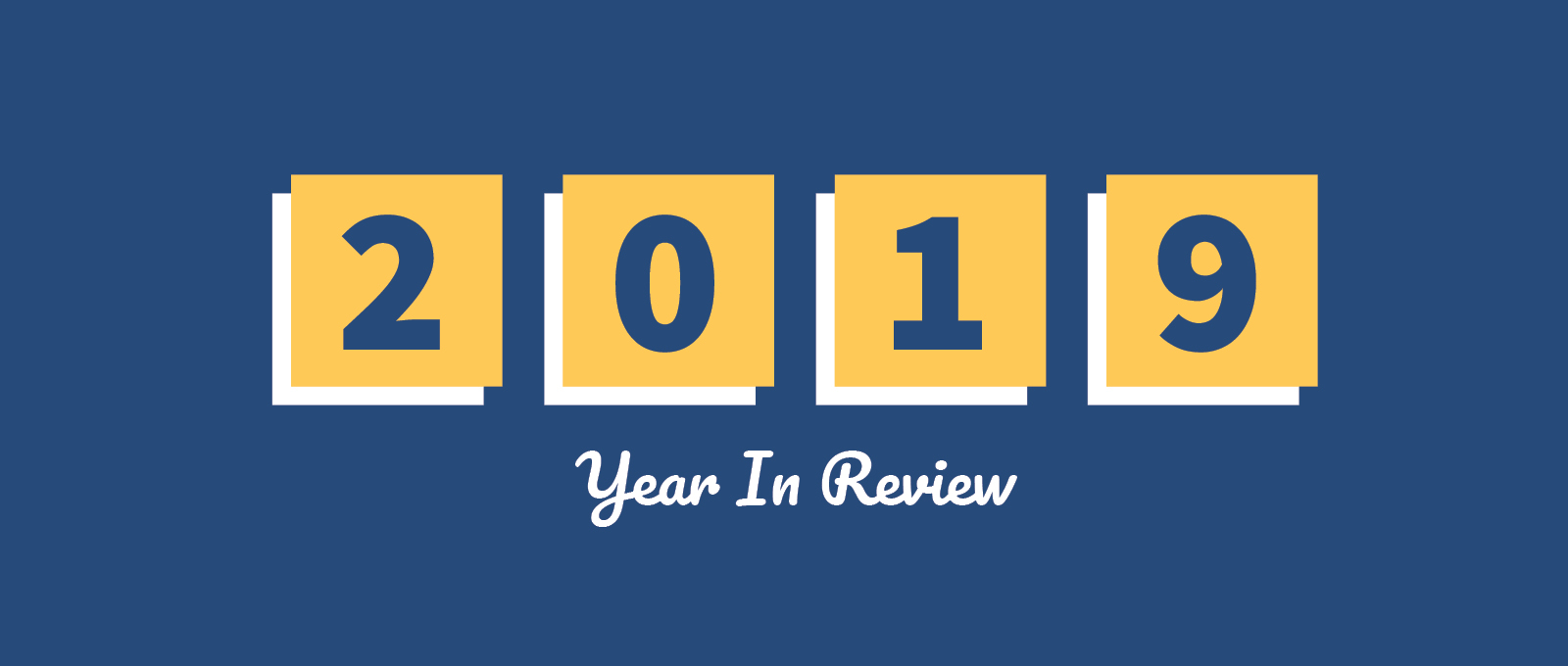The Long Night Of Mathematicized Economics Is Over.
Sometime in the 19th century, economists got the idea that mathematics was an appropriate language for economics. This was a strange turn, since economics is the science of how human beings, pursuing their own desires and preferences, find ways to exchange with other human beings to produce prosperity. Finding ways to exchange involves creativity, ideation, innovation, forming companies, providing services, importing and exporting – activities and processes that don’t lend themselves to algebraic symbols and mathematical equations.
Mathematics is inappropriate for economics, yet it has become dominant. Why? Precisely because it removed the human component, the creativity, the subjectivism. The new practitioners didn’t want that mode. They wanted cold, hard calculation. They wanted to be seen as “real scientists”, like physicists and engineers, dealing in scientific precision and not the uncertainty and softness that, in their view, characterized the analytics of social science and social interaction. Human-ness is so messy. Math is clean and sterile.
But the hold of mathematics on economics is breaking. Its inappropriateness as a tool of economic understanding is widely recognized, and new alternatives are becoming well established.
The Illusion Of Knowledge
In an essay entitled The Illusion Of Knowledge, Howard Marks, co-founder of Oaktree Capital Management, points out that the mathematical models of economics can’t predict and can’t guide expectations. There are too many variables and the most important variables are human and therefore unpredictable in their reaction to changing circumstances. He asks
Can a model replicate reality? Can it describe the millions of participants and their interactions? Are the processes it pretends to model dependable? Can the processes be reduced to mathematics? Can mathematics capture the qualitative nuances of people and their behavior? Can a model anticipate changes in consumer preferences, changes in the behavior of business, and participants’ reaction to innovation? In other words, can we trust his output?
Howard Marks, The Illusion Of Knowledge
His answer is no.
Economics Of Verbs Not Nouns
W. Brian Arthur is another prestigious economist who rejects mathematical modeling for his science. In a paper entitled Economics In Nouns And Verbs, he observes:
The economy is very much a creation of humans and a very complicated one, so given the liberty of human choices and the vagaries of people’s actions, it is not obvious why algebraic logic and calculus should apply.
W. Brian Arthur Economics In Nouns And Verbs.
The core problem, as he articulates it, is that the algebraic symbols of econometric models exclusively represent nouns:
Economics deals with prices, quantities produced, consumption, rates of interest, rates of exchange, rates of inflation, unemployment levels, trade surpluses, GDP, financial assets, Gini coefficients. These are all nouns. In fact, they are all quantifiable nouns— amounts of things, levels of things, rates of things. Economics as it is formally expressed is about amounts and levels and rates, and little else.
Ibid.
The language of mathematics does not allow actions. It can’t answer questions about how an economy or a firm or a development project emerges in the first place, how innovation works, how economic development takes place, or how structural change happens. Anything in the economy that deals with adjustment— whether it is adaptation, innovation, structural change, or history itself—falls through the algebraic mathematics sieve.
Arthur calls for a language of expression in economics that can describe these actions, changes, and innovations, and thereby develop some resemblance to and understanding of the real world.
Language and Austrian economics
Ahmed Elsamadisi, CEO of the analytical software company narrator.ai says that there is one data model that can cope with all these variables: it’s called language. Data has a role to play, but it’s subsidiary to language. Elsamadisi talks about “having a conversation with data” – it’s human beings using language to ask the right questions who are able to find the most value in historical information.
The economics that Brian Arthur is looking for already exists, but most economists ignore it. The unfortunately-named Austrian economics – its first scholars were in Vienna but the research now is global – uses language and deductive logic from first principles to develop its theories. It has no models.
As economist Per Bylund writes in How To Think About the Economy, economics Is about people and specifically about what they do to meet their own goals. People’s wants are unlimited but their means are not, so they economize, choosing from scarce means to achieve as much as they can. Economics is life: spontaneously and adaptively doing what we can with the resources available to us. As a consequence, the economy Is unplanned order, always in flux. It can’t be modeled.
Subjective Quantification
Professors Peter Lewin and Nicolas Cachanosky propose a novel combination of thought processes to integrate words and numbers in economic calculation. Their term is subjective quantification. Human beings have the unique ability to turn subjective ideas into numbers that express the idea. We find a particular product or service that we feel has potential value to us, and we turn that feeling into a number via our willingness to pay a monetary price to acquire it. That’s turning the subjective – our idea of value – into the objective – the number of dollars we’re willing to pay. Generally, this is the process of economic calculation. Firms estimate revenues they may receive in the future from customers who perform this value calculus. The firm uses its own estimate – a subjective one, by definition – to make plans for investment and business expenditures.
Models promise prediction and guidance on economic variables. It’s an illusion, as Howard Marks puts it.
With the new resurgence of Austrian economics, and its modern expression in what Brian Arthur calls complexity economics (an economics of verbs not nouns), the dominance of mathematics in economics is coming to an end.







Leave a Reply
Want to join the discussion?Feel free to contribute!